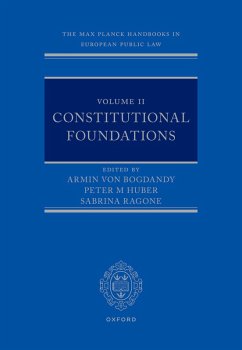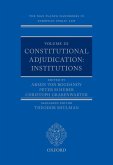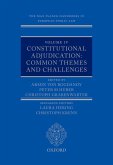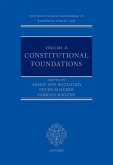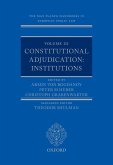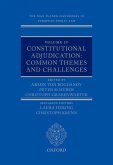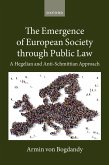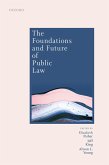The Max Planck Handbooks in European Public Law describe and analyze public law of the European legal space, an area that encompasses not only the law of the European Union but also the European Convention on Human Rights and, importantly, the domestic public laws of European states. Recognizing that the ongoing vertical and horizontal processes of European integration make legal comparison the task of our time for both scholars and practitioners, the series aims to foster the development of a specifically European legal pluralism and to contribute to the legitimacy and efficiency of European public law. The first volume of the series began this enterprise with an appraisal of the evolution of the state and its administration, offering both cross-cutting contributions and specific country reports. This second volume continues this approach with an in-depth appraisal of the foundations of the constitutional order in various and diverse European countries. Fourteen country reports investigate the antecedents, foundations, organization, basic principles, and challenges to European constitutions. They include countries with long-lasting and recently amended constitutions, decentralized or unitary, with different political systems and institutional settings. In keeping with the focus on a diverse but unified legal space, each report also details how the constitutional identity of each country has been elaborated and what it entails. Together, the chapters of this volume provide a strong and diverse foundation for a continuing European constitutional dialogue.
Dieser Download kann aus rechtlichen Gründen nur mit Rechnungsadresse in A, B, BG, CY, CZ, D, DK, EW, E, FIN, F, GR, HR, H, IRL, I, LT, L, LR, M, NL, PL, P, R, S, SLO, SK ausgeliefert werden.

